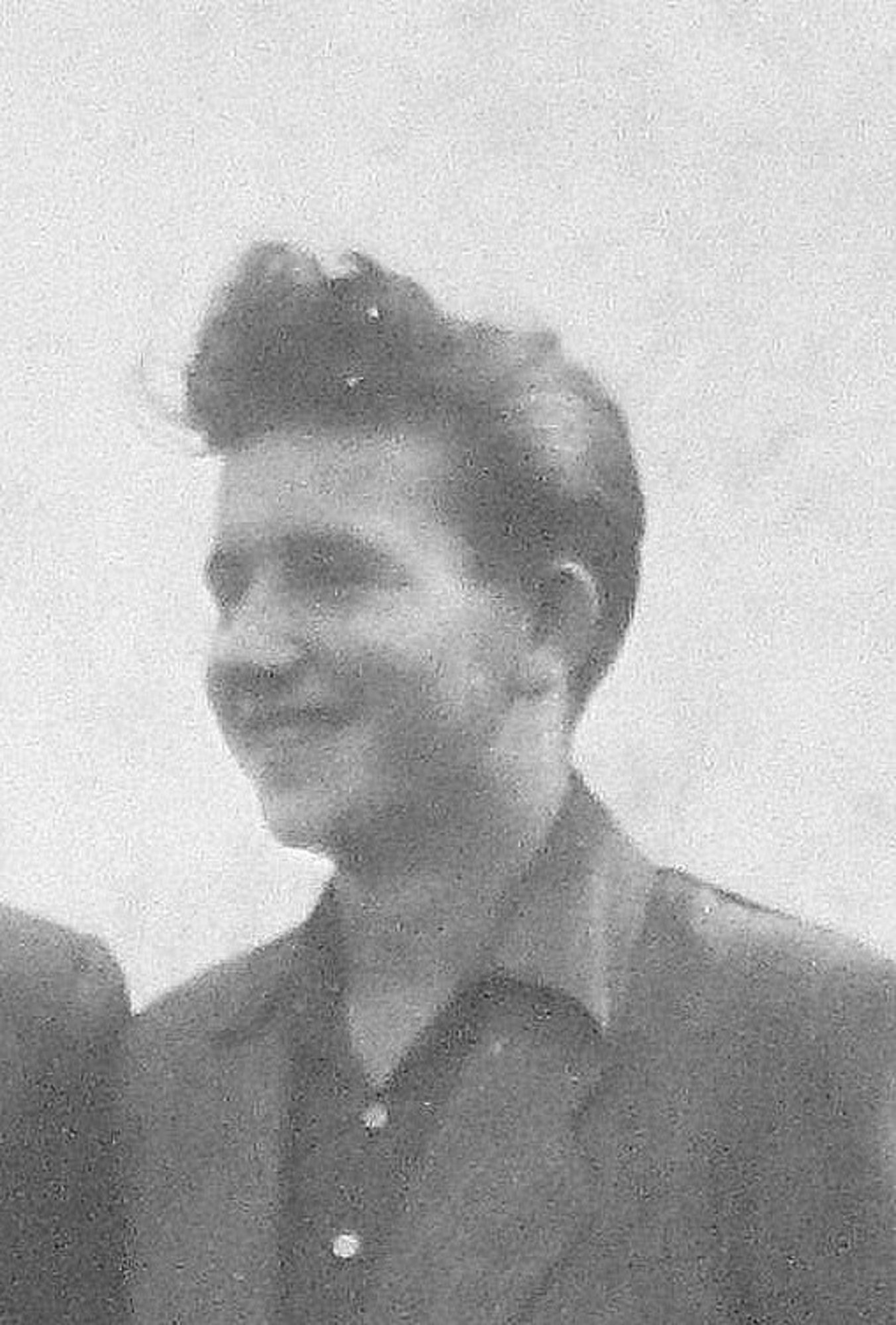Fifteen brave ones
Pavel Russnák was born in 1934 in the Slovak village of Poráč. He originates in a large family counting 15 members. The family was moved from Slovakia to a little frontier town called Staré město pod Sněžníkem by the Communist authorities in the course of the operation „P“. Pavel‘s father – Pavel Russnák Sr. – was a priest of the Greek-Catholic Church and despite being pressured hard he steadily refused to convert. Thus he was sent to toil in the Ostrava mines and later was driven out of his native region together with his whole family. Other family members were persecuted for their allegiance to the Greek-Catholic Church as well. The brother of the witness, Boris, spent several years in the so-called „auxiliary technical battalions“ (PTP). Pavel‘s uncle, Mikuláš Russnák Jr., was sent to work in Třemešná and died a year later on as a result of the bad working conditions. Because the family got into a difficult financial situation, Pavel Russnák Jr. had to leave grammar school and start to work. He only completed his secondary education years later by taking evening classes. While his father and a large part of the family returned to their native Slovakia at the end of the 1960s, Pavel Russnák stayed with his wife in Staré město pod Sněžníkem, where he still lives today. In February 2012, the Greek-Catholic Church in Humenné installed a memorial plaque at the Church of St. Peter and St. Paul commemorating Pavel Russnák Sr.
















